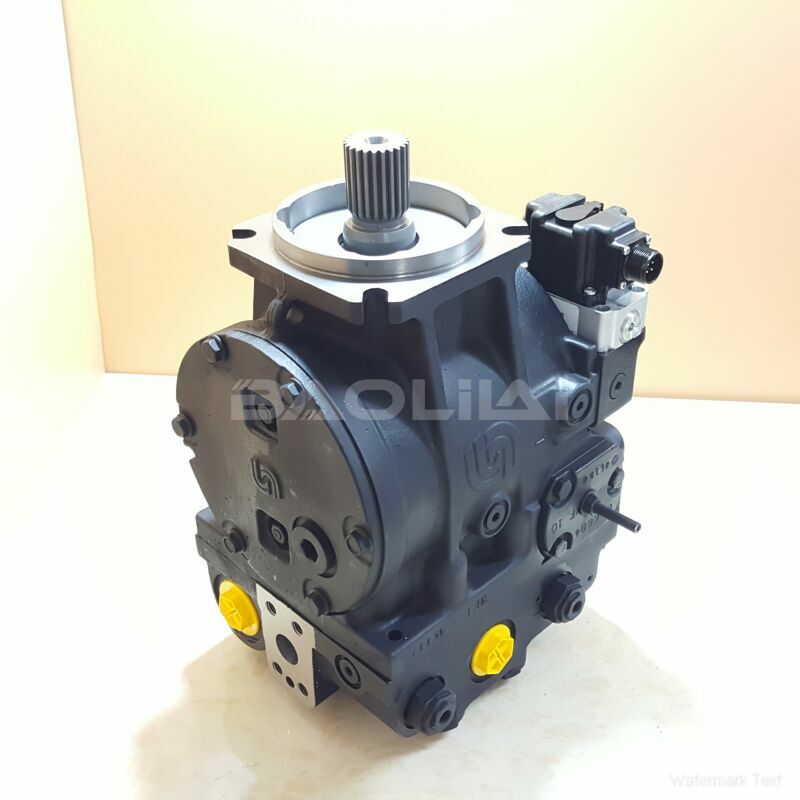90R055KP5NN80S3S1C03GBA383824 danfoss pump
90R055KP5NN80S3S1C03GBA383824 danfoss pump

- Product Details
- Applicable Scene
Hydraulic pumps play a crucial role in the efficiency and effectiveness of hydraulic mining equipment by facilitating fluid power for fluid circulation and transfer. As mining operations become increasingly reliant on automation and sophisticated machinery, the importance of hydraulic systems—primarily governed by hydraulic pumps—cannot be overstated. This article delves into the types, functions, and significance of hydraulic pumps in fluid transfer processes specific to hydraulic mining equipment.
90-R-055-KP-5-NN-80-S-3-S1-C-03-GBA-38-38-24
90R055KP5NN80S3S1C03GBA383824
Hydraulic pumps convert mechanical energy into hydraulic energy by moving fluids through a system under pressure. In hydraulic mining, these pumps are essential for transporting slurry, which is a mixture of water and fine particles of minerals, to processing facilities. There are two primary types of hydraulic pumps used in the industry: gear pumps and piston pumps.

9422386
Gear pumps are widely adopted for their simplicity, reliability, and ability to deliver a steady flow of fluid. They use the rotation of gears to create a vacuum that draws fluid into the pump and then pushes it out under pressure. This mechanism is ideal for transferring low-viscosity fluids quickly and efficiently, which is often required in hydraulic mining operations.
On the other hand, piston pumps are preferred when higher pressure and greater efficiency are needed. They utilize the reciprocating motion of pistons to create a variable volume that can generate significant pressure, making them suitable for high-density slurries and demanding tasks in hydraulic mining. Additionally, piston pumps can be more efficient for circuit designs where varying flow rates are required.
Fluid circulation is another critical aspect of hydraulic systems in mining equipment. Effective fluid circulation ensures that hydraulic components receive the necessary lubrication and cooling to maintain optimal performance and reduce wear and tear. Proper fluid management is also essential for maintaining control over mining operations, as it directly influences the effectiveness of the hydraulic system and the overall productivity of the mining equipment.





